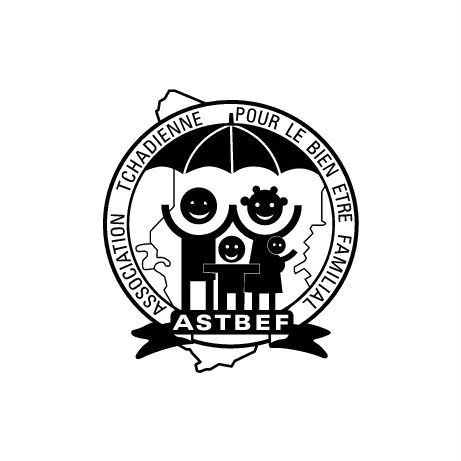

| 31 March 2016
Association Tchadienne pour le Bien-Etre Familial
When the Association Tchadienne pour le Bien-Être Familial (ASTBEF) was formed in 1991, no one was under any illusions that it was faced with an almost impossible task as the international indices for sexual and reproductive health (SRH) demonstrate. Some suggested that it would be overwhelmed and would simply not survive. Over 20 years down the line, the organisation is thriving, thanks in large part to an immensely committed team of staff, over 1,000 volunteers, peer educators, and a strong youth action movement. The organisation runs static clinics and a number of mobile operations which offer voluntary counselling and testing (VCT) for HIV, post-abortion care, antenatal and post-natal care, treatment of opportunistic infections, treatment of male and female infertility, pre-marital counselling, and advocacy against harmful cultural practices such as female genital mutilation and gender based violence. ASTBEF has made a considerable impact on the country’s SRH activity by integrating family planning with maternal and infant health, HIV and AIDS services, and youth-friendly education programmes and service provision. ASTBEF works in partnership with the government’s Global Fund National Coordination Council, and the High Commission for Population and Human Resources National Reproductive Health Programme Supporting Committee. Non-governmental organisation (NGO) links include the Comité d’information et de liaison and the Organisation des Acteurs non Etatiques (OANET). Private sector partners include PPFAI, NACA, HAPAC, SFH, The Central Bank of Nigeria, CAP Plc, and Nigeria Breweries, and donors who support ASTBEF’s work include UNFPA, UNICEF, PNUD, Médecins du Monde, the US Embassy, PSR, GTZ, the Ministry of Social Action and Family Affairs.

| 31 March 2016
Family Planning Association of Nepal
Established in 1959. the Family Planning Association of Nepal (FPAN) is Nepal's first national family planning service delivery and advocacy organization. It is a major collaborator of the Government of Nepal's national sexual and reproductive health (SRH) program, contributing a greater percentage of all SRH services in Nepal annually. FPAN serves Nepalese people in 44 districts, focusing on the poor, marginalized, socially excluded and underserved (PMSEU) populations, which include female sex workers, people living with HIV (PLHIV), LGBTIQ people, injecting drug users, men who have sex with men (MSM), migrant workers, people with disabilities (PWD), survivors of gender-based violence (GBV), urban slum dweller and people affected by disaster and crisis. The mission of FPAN is to "champion a volunteer movement for increased provision of SRHR to all, particularly to those most at risk, marginalized, and under-served". The planned outcomes set by FPAN for the strategic planning period (2016-2022) include: Nepal Government respects, protects and fulfil sexual and reproductive rights and gender equality; Nepalese people empowered to act freely on their sexual and reproductive health and rights; a high quality integrated sexual and reproductive health services delivered; and a high performing, accountable and strong FPAN. The success of FPAN is due to its extensive and diverse network of service delivery points, as well as its expertly trained staff and volunteers who provide services in areas where they would otherwise be unavailable. FPAN provides an Integrated Package of Essential Services (IPES), which includes sexuality counselling, contraception, including emergency contraception, safe abortion, STIS/RTIs, HIV & AIDS, obstetrics, gynecological and sexual & gender-based violence services. These services are provided across 974 service delivery points (including 270 clinical SDPs, 22 family health clinics, 56 community health clinics, 75 associate clinics, 117 mobile teams, and 794 non-clinical service delivery points). FPAN provides approximately four million SRH services each year across its service delivery points, with family planning accounting for 40%, STIs/RTIs for 14%, gynaecological services for 12%, HIV services for 10%, and other services accounting for the remaining 24%. FPAN has eight clinical training centres that are connected to its family health clinics, which provide full range of family planning and reproductive health services. The training centres are accredited by the National Health Training Centre, (MoHP). These centres provide a variety of family planning and sexual and reproductive health training to health care providers from FPAN, government, and non-governmental organizations (NGO) health facilities.







